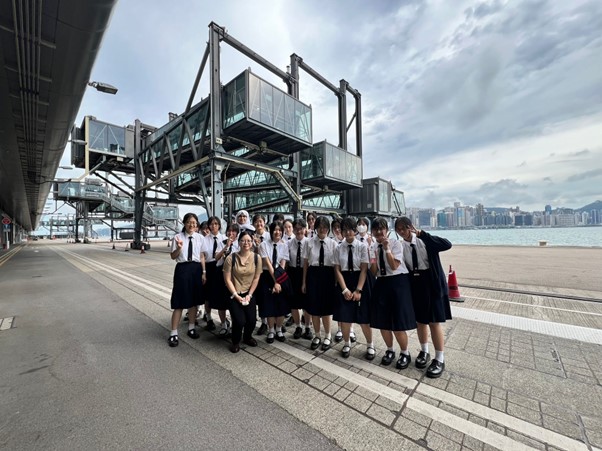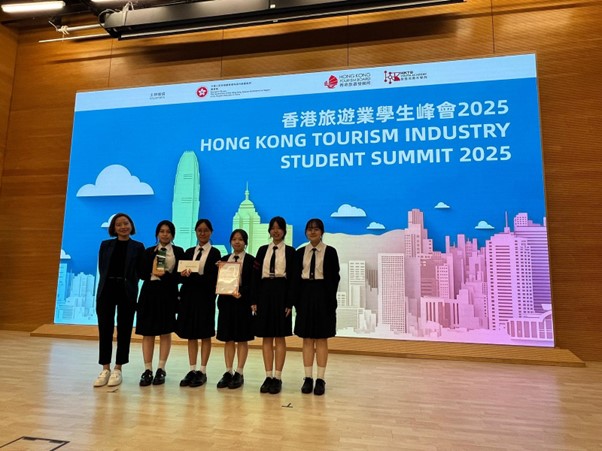Students are expected to develop knowledge and understanding of:
the reasons why people travel and how the tourism and hospitality industry meets travellers’ needs;
the interdisciplinary and di verse nature of the tourism and hospitality industry including tourist destinations, infrastructure and superstructures;
local and international tourism and hospitality trends and issues, and their social, economic and environmental impact;
the major functional sectors within the tourism and hospitality industry and the career opportunities available.
Students are expected to master the skills to:
develop a range of specific and generic skills, including effective communication skills, customer service skills, information-processing skills, critical thinking skills, creativity, and problem-solving skills;
apply appropriate skills in a wide range of tourism and hospitality industry and service related situations.
Students are expected to cultivate positive values and attitudes that will enable them to:
be willing to introduce local tourism resources to tourists;
appreciate and respect the tourism resources of other places when they are tourists themselves;
reflect on the role of tourist-host relationships and develop an appreciation of other cultures, customs and beliefs;
appreciate the importance of integrity and ethical behaviour in the tourism and hospitality industry, and apply this to daily life situations;
acquire an understanding of the personal qualities required for successful work in the tourism and hospitality industry, such as courtesy, initiative, adaptability, flexibility, and collaboration, etc.;
value the importance of sustainability in the tourism and hospitality industry with respect to its economic, environmental, cultural and social contexts;
recognise and be able to demonstrate quality customer service.
| Department Head | : | Miss Vivian Leung |
|
Year |
Activities |
Content |
| 2025 May | Visit to Kai Tak Cruise Terminal | During the visit to the Kai Tak Cruise Terminal, the students were taken on a one-hour guided tour through the terminal. Throughout the tour, various green building features, including the District Cooling System and natural air ventilation, were introduced. The terminal showcased its green efforts, focused on electricity conservation and carbon footprint reduction. The operational and managerial aspects of the cruise terminal were explained, and the importance of cruising to the tourism industry, particularly the MICE industry, was emphasized. |
| 2025 Apr | THS Student Summit | It aims to enable students of Tourism and Hospitality Studies (THS) to enhance their understanding of the local tourism industry particularly on the latest tourism trends and how to promote Hong Kong to travellers in different markets, while offering a platform to enhance their skills in communication, information processing and creativity through exchanging of ideas. |
| 2024 Nov | Visit to Hotel ICON |
A group of F.5 THS students have participated in a hotel visit organized by Hotel ICON. During the visit, an introduction of Hotel ICON & Hospitality Industry, a tour to learn more about hotel facilities, Fitness Centre, F&B outlets, guestrooms etc, and an admission talk related to SHTM were included.
|
| 2024 Oct | IAAPA Industry Talk introduction | Physics, T&L and THS Department invited International Association of Amusement Parks and Attractions (IAAPA) to organize an industry talk for their S5 and S6 students. The talk aimed at introducing the recent development and the career prospect of the attraction industry. |
The curriculum framework of THS consists of five modules, and they are developed to examine certain sectors of the tourism and hospitality industry, and each module includes knowledge, concepts, attitudes and generic skills.
The Modules comprise
Introduction to Tourism
Introduction to Hospitality
Destination Geography
Customer Relations and Services
Trends and Issues in the Tourism and Hospitality Industry
